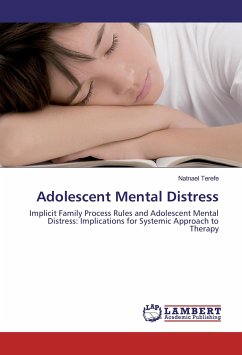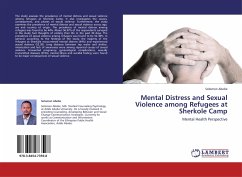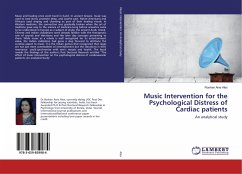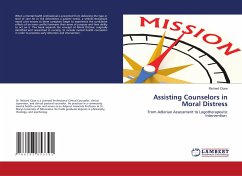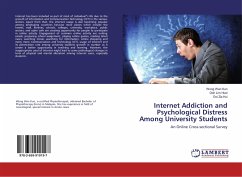The family systems theory has postulated that covert and unspoken rules about family beliefs and expectations about communication, closeness, and organization have powerful influences over the psychological health of adolescents. In families with adolescents, flexibility of a family's boundaries and rules should be increased in order to permit adolescents to move in and out of the system. This is because adolescents are in a period of exploration and experimentation that needs adjustment to physical maturity, changing roles within families and with peers, and the emergence of a more independent lifestyle. While several theorists recognize that family rules are important elements of family process, empirical literature on the implicit process rules in families remains in its initial stages. In an attempt to fill this gap in research, guided by the family systems theory, this study examined the predictive relationships between family process rules and mental distress in adolescents. This research is a step toward a more epistemologically sound approach to family interventions with adolescents.
Bitte wählen Sie Ihr Anliegen aus.
Rechnungen
Retourenschein anfordern
Bestellstatus
Storno

